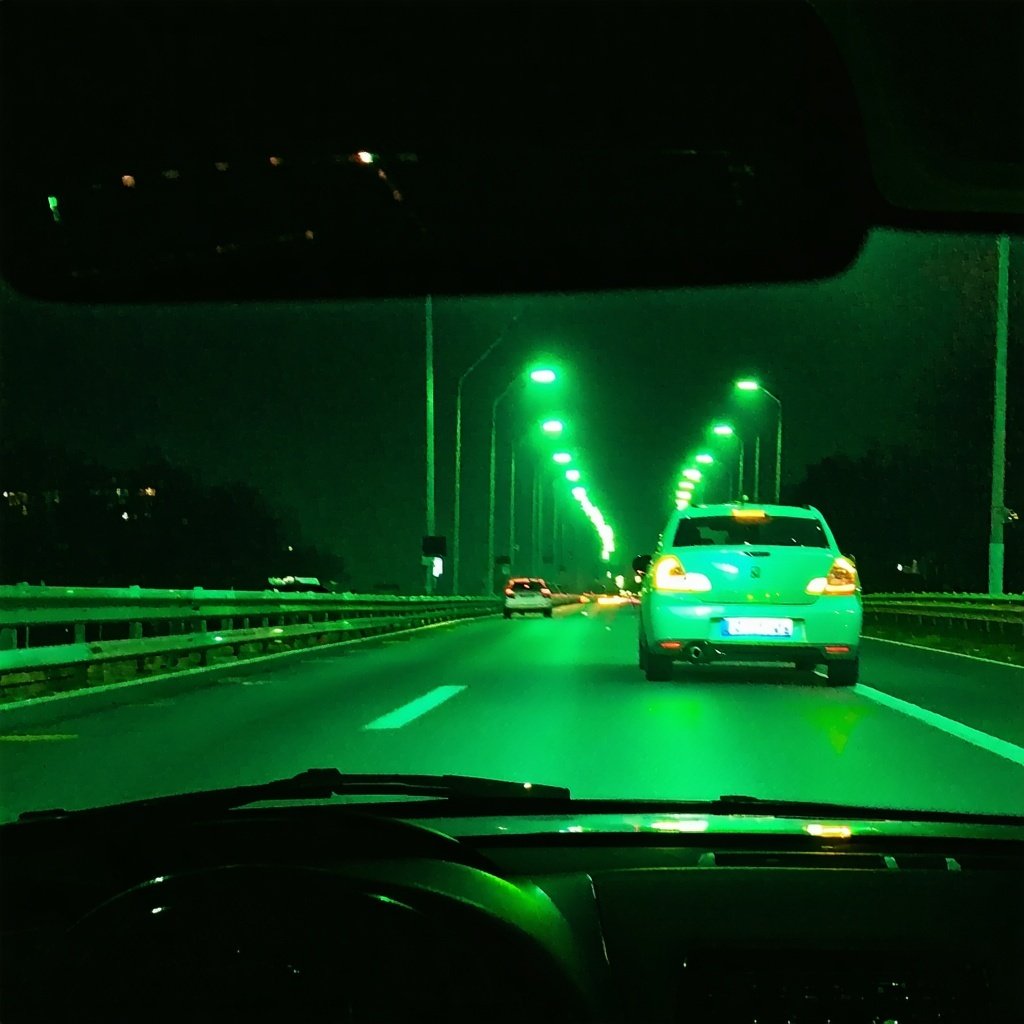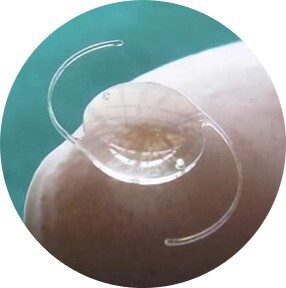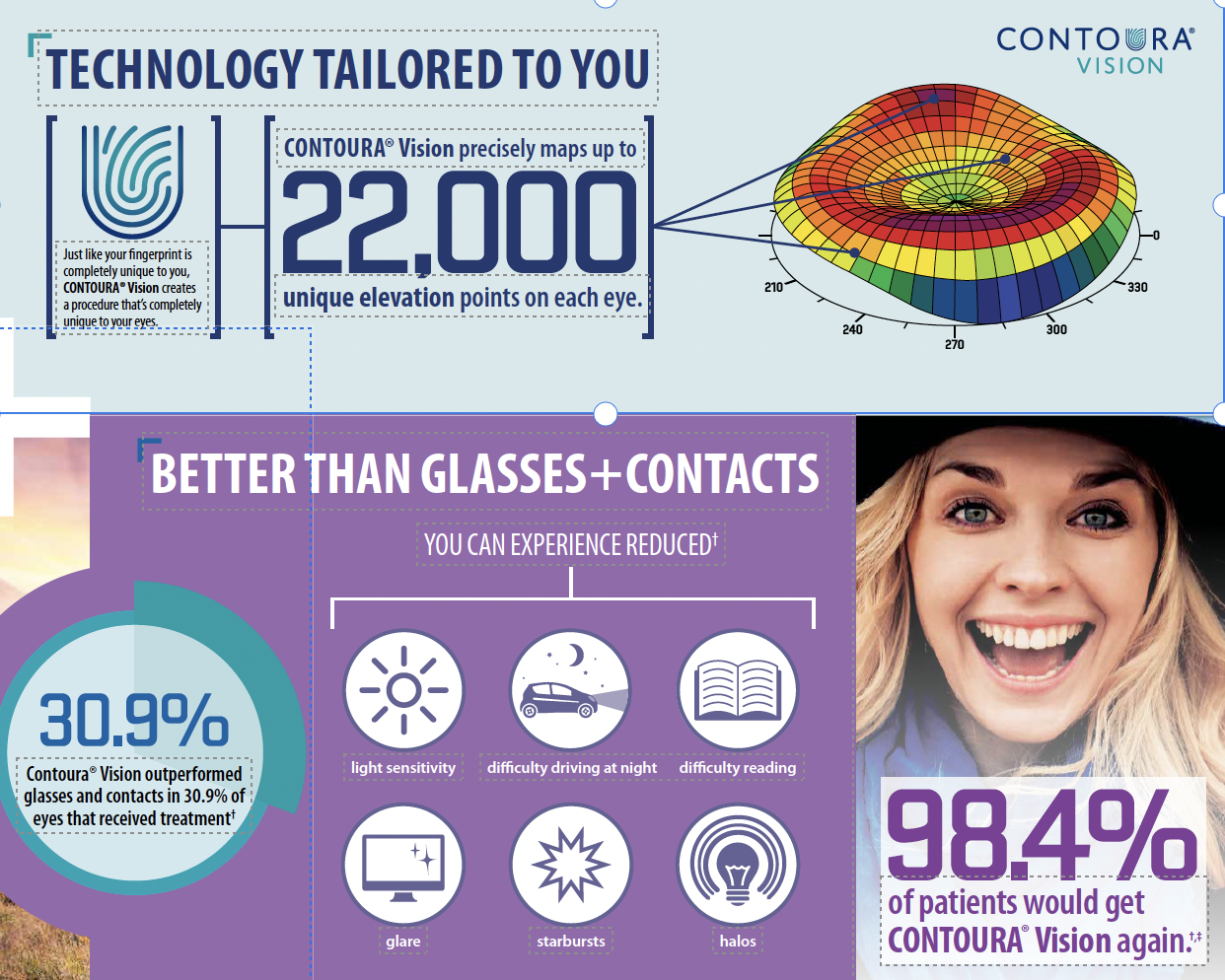Driving is a privilege and one that depends heavily on your eyesight. Your eyes provide an astounding 90% of the information required to drive safely. Unfortunately, vision problems while driving, like difficulty with night driving or blurry vision while driving, are more common than you might think. Also, their impact on road safety is profound.
This article is here to explore which vision problems affect driving, how they translate to real life behind the wheel, and what you can do to protect yourself and your loved ones.






